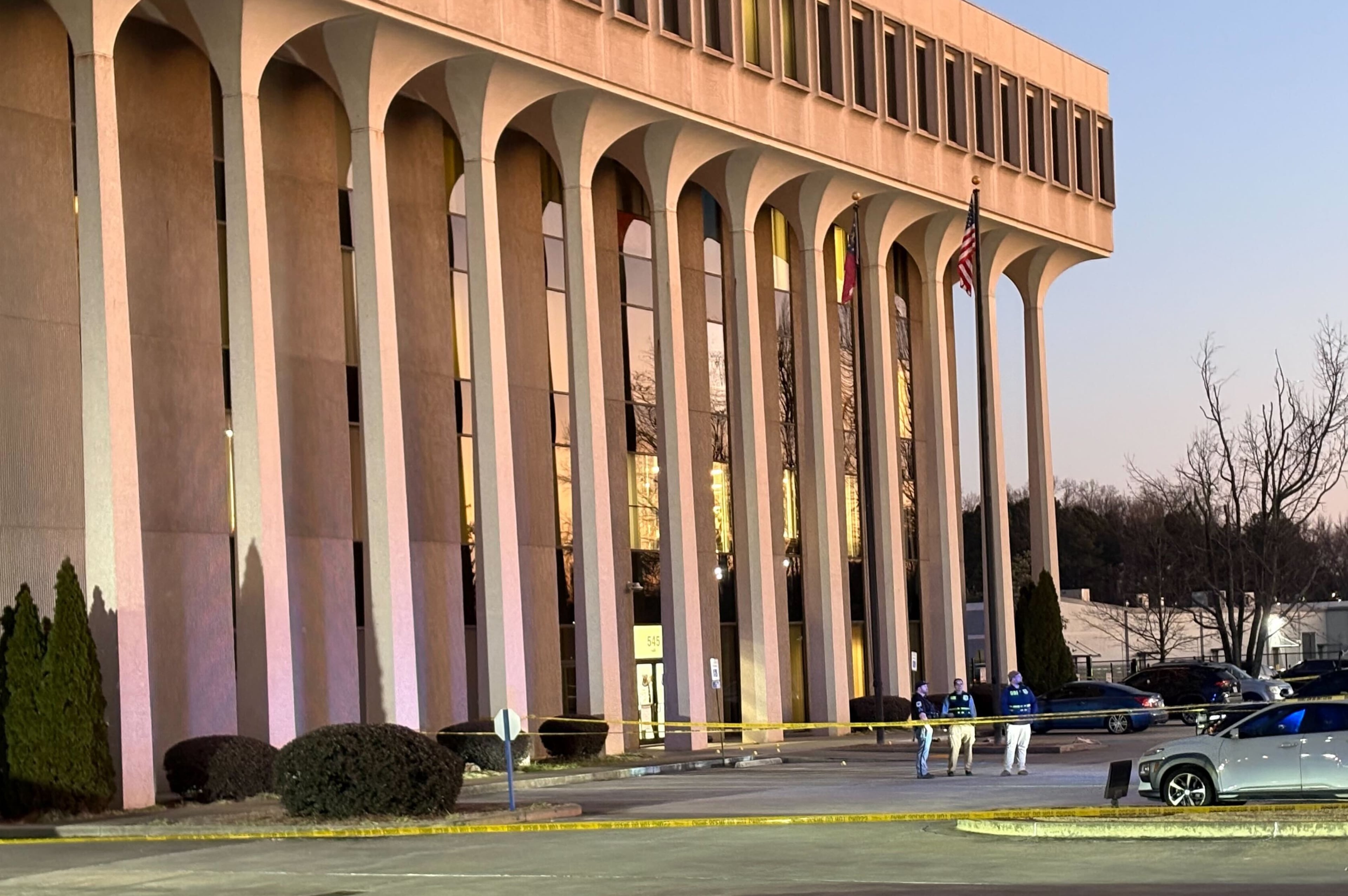Atlanta officials turn focus to eviction prevention

Atlanta leaders are putting millions toward programs to protect renters from being evicted.
City Council passed a hefty affordable housing bill on Monday that allocates more than $11.6 million to programs that prevent evictions of low-income households and will help reach the city’s goal of preserving or creating 20,000 affordable housing units.
The legislation outlines a plan to put $2 million toward eviction prevention and more than $6.4 million to build new units. The remaining funds from the Affordable Housing Trust Fund will be doled out across other programs.
Council member Matt Westmoreland, the bill’s sponsor, said the legislation has a much-needed focus on Atlantans making 50% or less of the region’s median income — about $51,000 for a family of four — as home prices have skyrocketed due to both new private development and public infrastructure.
“The City has a responsibility and an obligation to help support legacy residents who have been most impacted by the tremendous change and rapid growth we’ve experienced,” Westmoreland said.
The unanimous vote by City Council is the largest-ever allocation for affordable housing out of the general fund budget, Westmoreland said. It comes on the heels of last year’s record-breaking allocation as well.
A group of affordable housing bills backed by Mayor Andre Dickens administration were also introduced on Monday. The proposals include a $2 million donation to local nonprofit Star-C to distribute to renters facing eviction and financial assistance for low-income households to aid in preventing displacement.
Eviction prevention programs will prioritize residents over the age of 65, single-parent homes with children in Atlanta Public Schools and households with renters under 25 years old.
“Building affordable housing is just one part in creating long-term housing stability and preserving the diversity of legacy residents in Atlanta,” Dickens said in a statement.
A resolution was also introduced on behalf of the mayor’s office urging public agencies like Invest Atlanta, the Beltline, MARTA, the Fulton County Development Authority and any other entities that provide subsidies for affordable housing developments to take steps to avoid evicting renters.
Those things include disclosing all lease fees prior to renters submitting an application, accepting all forms of assistance like vouchers and taking part in an eviction diversion program 30 days before filing an eviction.



